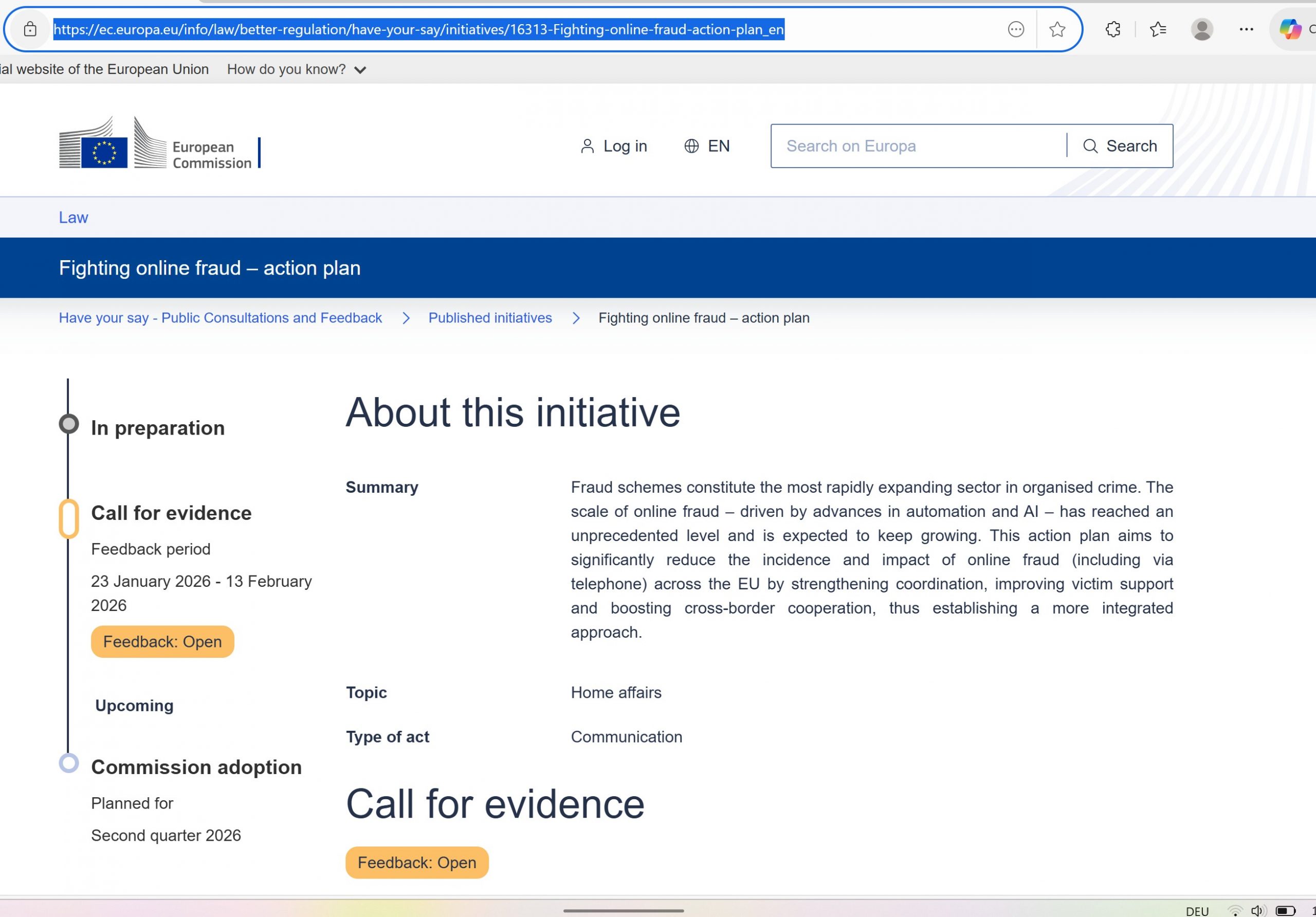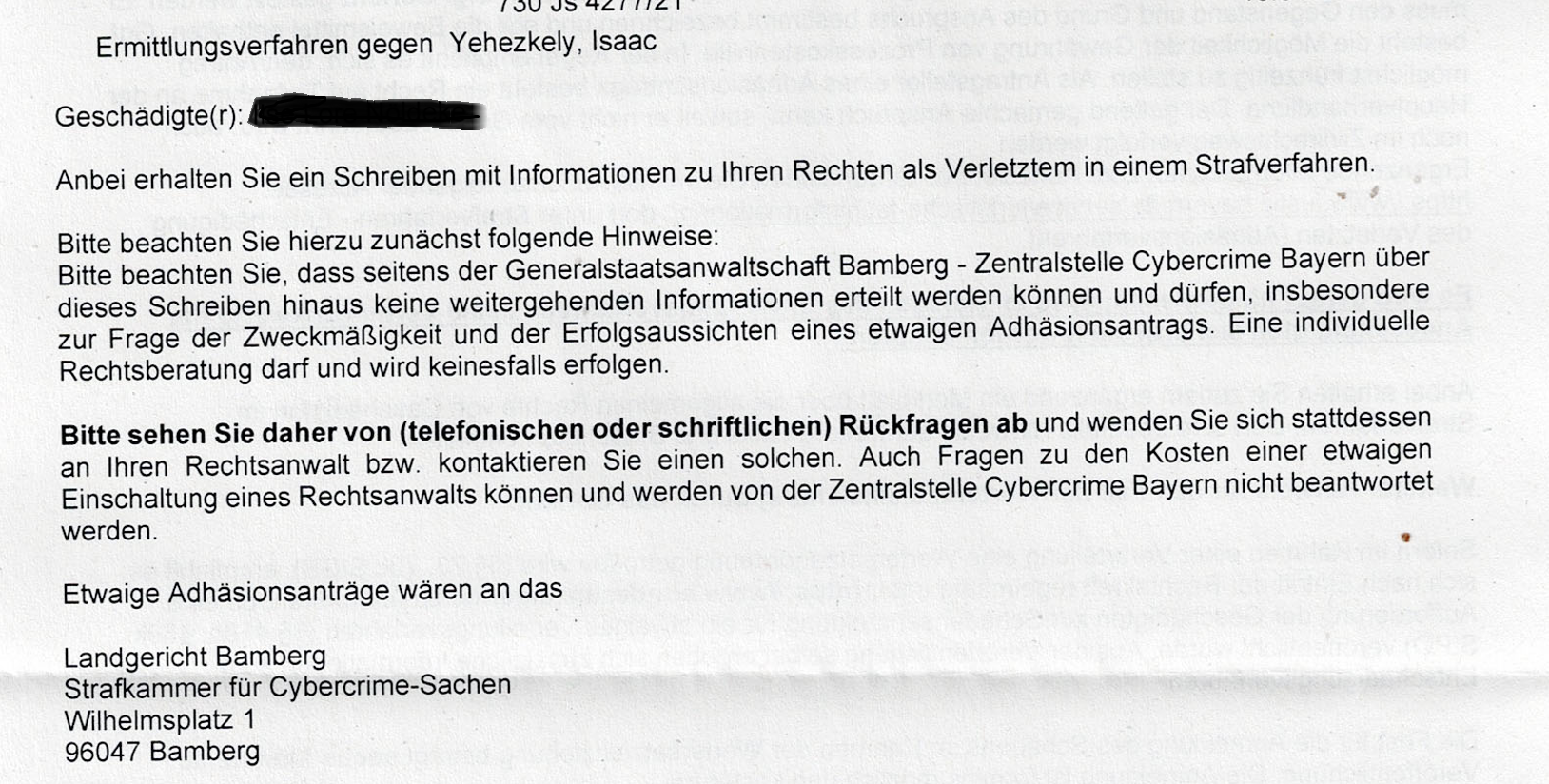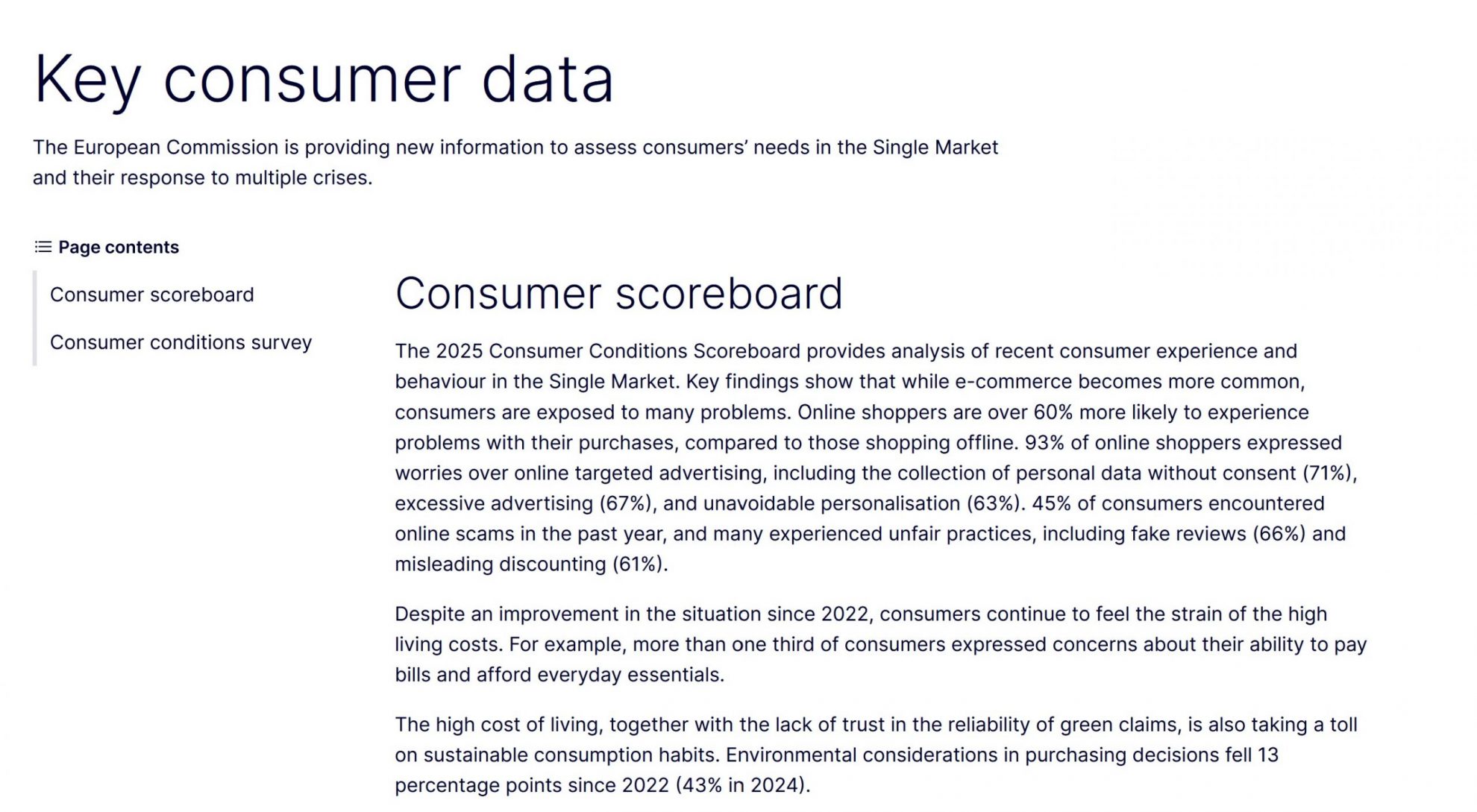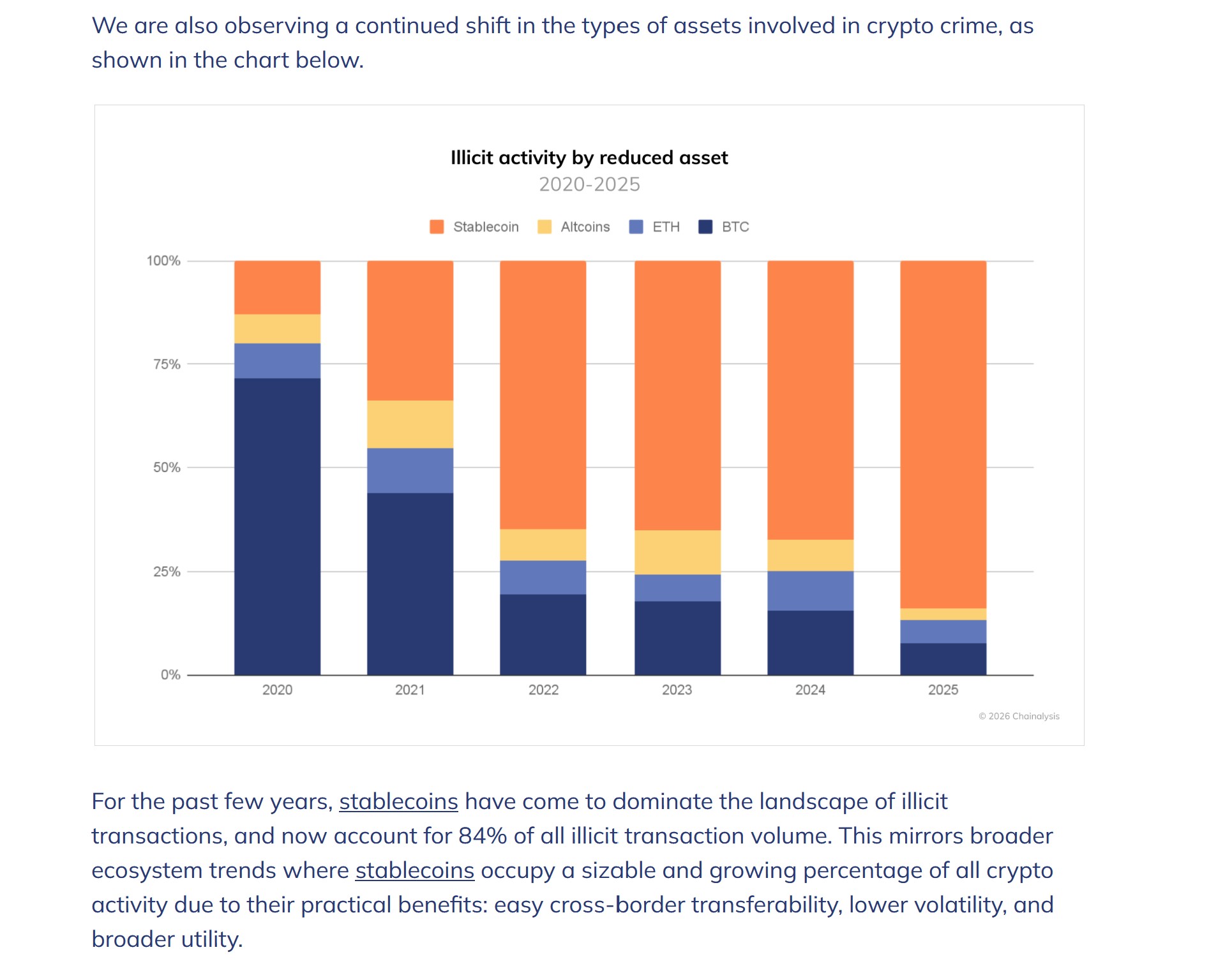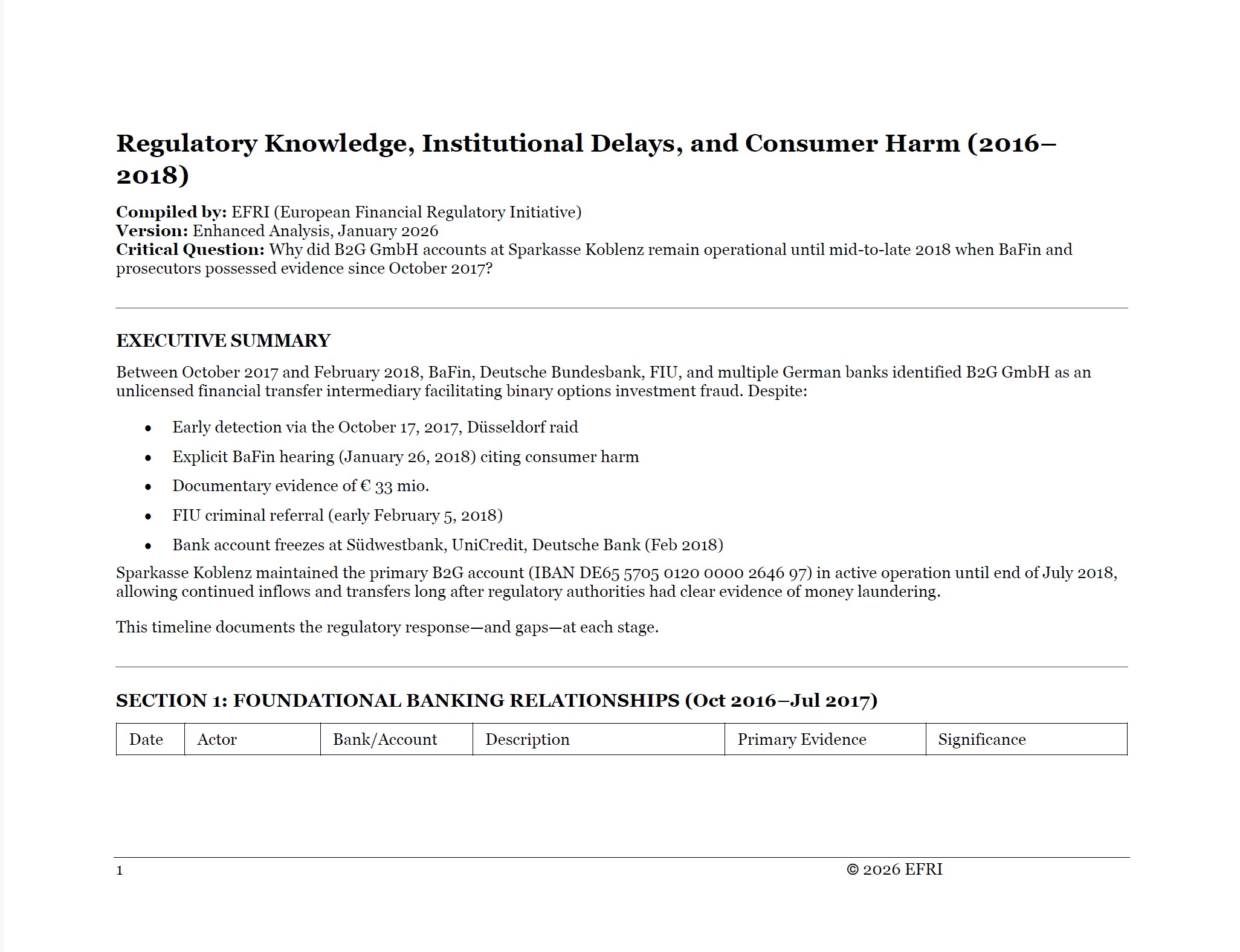The Directive for the Rights of Victims (DIRECTIVE 2012/29/EU) in principle prescribes everything needed to protect consumers and care for fraud victims. Based on experiences made by the fraud victims we represent we realized that there is a severe backlog in adopting this Victims´Rights Directive in many European Union member countries.
In the wording of the DIRECTIVE 2012/29/EU OF THE EUROPEAN PARLIAMENT AND OF THE COUNCIL of 25 October 2012, the Union attaches great importance to protecting victims of crime (“an open and safe Europe serving and protecting its citizens”). The Directive adopted minimum standards for the protection of and assistance to victims.
The DIRECTIVE claims that:
- A crime constitutes an injustice to society and a violation of the victim’s rights.
- Victims of crime should be recognized as such and treated respectfully, empathetically and professionally.
- In all contacts with competent authorities, the personal situation and immediate needs of the victim of crime should be taken into account. The competent authorities must respect the victim´s physical, mental and moral integrity.
- Victims of crime should be protected from secondary and repeat victimization, intimidation and retaliation.
- Victims of crime should receive the necessary support to cope with the consequences of the crime and sufficient access to justice.
So everything that fraud victims expect from the EU authorities has been written down.
The big issue is that REALITY is entirely different in about all European countries.
The experiences of the approximately 1,000 victims we represent, with the European authorities in coming to terms with the violent crime they experienced, can be summarized as follows:
- There was no respectful treatment at all by the law enforcement authorities.
- The majority of victims were turned away by local police authorities because the case had no chance of success.
- Criminal proceedings are often not opened, citing “unknown perpetrators” and “non-traceability because abroad.”
- Victims´ inquiries to the authorities about the status of the proceedings by the victims are perceived as harassment.
- The majority of victims have not been told about their rights as victims (regarding legal provisions) or even about the possibility of participating in criminal proceedings; often, it seems instead that they are perceived as a “disturbing factor”.
- The possibility to inspect the criminal file is either not communicated to the victims or even sometimes denied, and there is no possibility of reviewing the authorities’ presented negative argumentation.
- There is no sufficient information about the nature and consequences of the crime provided to the victims.
- Victims do not get warned about possible re-victimization by recovery scams.
EFRI`s request to start infringement procedures.
The European Union member countries are obliged to adopt the EU`s Directives and comply with them. If European Union member countries do not adopt these EU Directives as requested, the EU authorities can start infringement procedures against the respective countries.
We send our request for the start of infringement procedures (English version and German version) to Mr Didier Reynder,s the European Commissioner in charge of justice and consumer protection ([email protected]) and to Ursula von der Leyen, the President of the European Commission ([email protected]). We will report any feedback.
We also ask any victims who have to file criminal complaints in their countries and are treated like bothering the authorities to provide them with a copy of the Directive and ask for proper behaviour in line with the Directive. You can download the Victims`Rights Directive here in your language.


